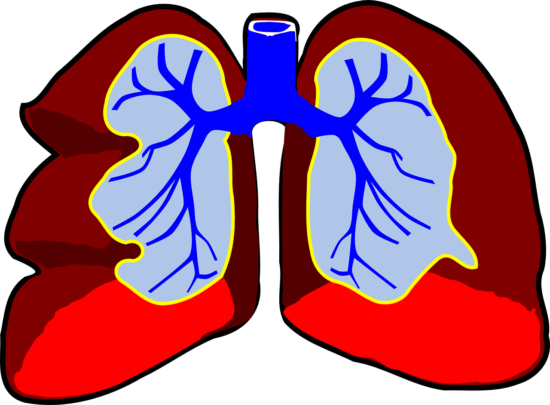Ability of multi-drug resistant infection to evolve within cystic fibrosis patients highlights need for rapid treatment
In recent years, M. abscessus, a species of multi-drug resistant bacteria, has emerged as a significant global threat to individuals with cystic fibrosis and other lung diseases. It can cause a severe pneumonia leading to accelerated inflammatory damage to the lungs, and may prevent safe lung transplantation. It is also extremely difficult to treat – fewer than one in three cases is treated successfully.
In a study published today in Science, a team led by scientists at the University of Cambridge examined whole genome data for 1,173 clinical M. abscessus samples taken from 526 patients to study how the organism has evolved – and continues to evolve. The samples were obtained from cystic fibrosis clinics in the UK, as well as centres in Europe, the USA and Australia.
The team found two key processes that play an important part in the organism’s evolution. The first is known as horizontal gene transfer – a process whereby the bacteria pick up genes or sections of DNA from other bacteria in the environment. Unlike classical evolution, which is a slow, incremental process, horizontal gene transfer can lead to big jumps in the pathogen’s evolution, potentially allowing it to become suddenly much more virulent.
AMR NEWS
Your Biweekly Source for Global AMR Insights!
Stay informed with the essential newsletter that brings together all the latest One Health news on antimicrobial resistance. Delivered straight to your inbox every two weeks, AMR NEWS provides a curated selection of international insights, key publications, and the latest updates in the fight against AMR.
Don’t miss out on staying ahead in the global AMR movement—subscribe now!







